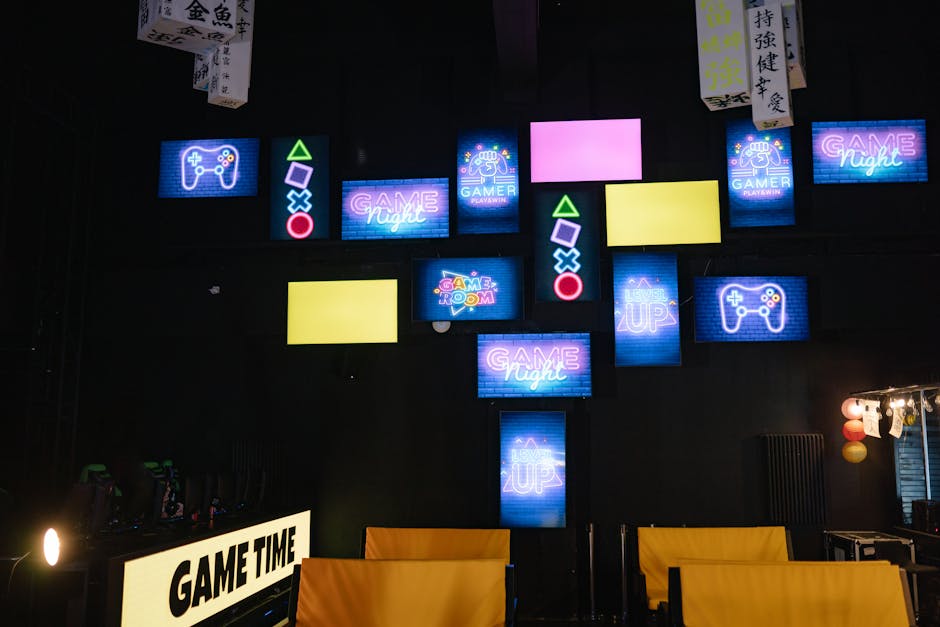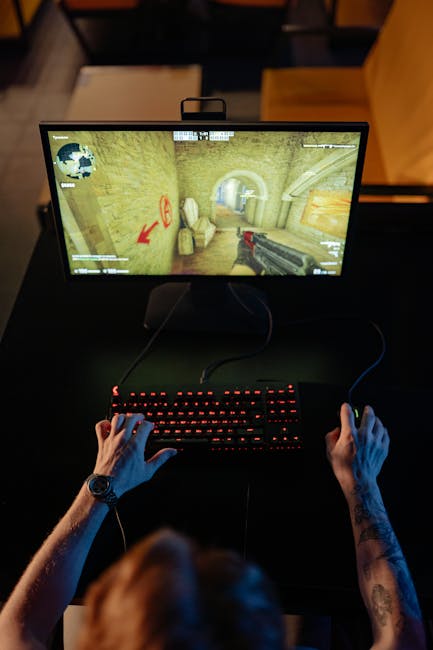Unlocking the Challenge: A Deep Dive into Level 5 Games and Their Impact on Player Engagement
The gaming world is a vast and varied landscape, offering experiences for players of all skill levels and preferences. However, a specific tier of games stands out for its demanding challenges and rewarding complexities: Level 5 games. This isn’t just about a numerical designation; it signifies a significant jump in difficulty, requiring players to hone their skills, strategize effectively, and master intricate mechanics. This article delves deep into the characteristics, design principles, and overall impact of Level 5 games on player engagement and satisfaction.
Defining Level 5 Games: Beyond Numerical Difficulty
The term “Level 5” isn’t universally standardized across all game genres. It’s often used informally to describe the most challenging stages or difficulties within a game, representing a significant leap from previous levels. However, some key characteristics consistently define what constitutes a true Level 5 experience:

- Intricate Mechanics and Systems: Level 5 games often involve complex systems with numerous interacting elements. Mastering these systems is crucial for success. Think intricate resource management, deep character builds, or nuanced strategic combat.
- High Skill Ceiling: While anyone can attempt a Level 5 game, mastering it requires significant time investment and skill development. There’s a steep learning curve, with consistent improvement necessary to overcome increasingly difficult challenges.
- Strategic Depth and Decision Making: Blindly charging in won’t work. Level 5 games frequently reward strategic thinking, planning, and careful resource allocation. Every decision carries weight, and mistakes can have severe consequences.
- High Failure Rate: Expect to fail. Repeatedly. This is a core element of the Level 5 experience. Learning from failures and adapting strategies is key to progression.
- Rewarding Mastery: The challenge is balanced by a deeply satisfying sense of accomplishment. Successfully conquering a Level 5 challenge provides a profound sense of pride and mastery unlike easier levels.
Examples of Level 5 Challenges Across Game Genres
Level 5 games manifest differently across various genres. Here are a few examples:
Strategy Games:
In strategy games like StarCraft II or Total War: Warhammer III, Level 5 might represent mastering complex unit compositions, economic management, and advanced strategic maneuvers against highly skilled opponents. The sheer complexity of the game systems and the need for near-perfect execution make high-level play a true test of skill.
Role-Playing Games (RPGs):
RPGs such as Dark Souls or Elden Ring are renowned for their punishing difficulty. Level 5 in these games often involves facing incredibly challenging bosses, navigating treacherous environments, and making optimal use of limited resources in demanding combat scenarios. The focus is on precise timing, pattern recognition, and strategic use of abilities.

First-Person Shooters (FPS):
Competitive FPS games like Counter-Strike: Global Offensive or Valorant frequently feature “Level 5” players who demonstrate exceptional aim, game sense, and strategic prowess. These players consistently outperform others through advanced techniques, map knowledge, and strategic decision-making.
Puzzle Games:
Even puzzle games can have a Level 5 equivalent. Games like Portal 2 or complex logic puzzles feature challenges that require advanced problem-solving skills, creative thinking, and a deep understanding of the game’s mechanics.

The Psychology of Level 5 Games and Player Engagement
The appeal of Level 5 games lies in their ability to tap into several key psychological factors:
- Flow State: The intense focus and challenge of Level 5 games can induce a “flow state,” a highly focused mental state where players are fully immersed in the activity. This leads to increased enjoyment and satisfaction.
- Sense of Accomplishment: Overcoming significant challenges provides a powerful sense of accomplishment and self-efficacy. This positive reinforcement keeps players engaged and motivated.
- Skill Development and Mastery: The constant learning and improvement required to succeed in Level 5 games fosters a sense of mastery and progression. Players actively strive to improve their skills, which contributes to long-term engagement.
- Social Interaction and Competition: Many Level 5 games offer opportunities for social interaction and competition. Playing with others, collaborating on strategies, and competing for high scores can further enhance player engagement.
Designing Effective Level 5 Experiences
Creating a truly engaging Level 5 experience requires careful consideration of game design principles:
- Gradual Increase in Difficulty: The difficulty shouldn’t jump abruptly. A gradual increase allows players to build their skills and adapt to the increasing challenges.
- Meaningful Feedback and Learning Opportunities: Players need clear feedback on their performance to learn from their mistakes and improve their strategies. The game should provide opportunities for learning and growth.
- Clear Goals and Objectives: Well-defined goals keep players motivated and focused. Clear objectives provide direction and a sense of progress.
- Balanced Challenges: The challenge should be significant but not insurmountable. A well-balanced difficulty curve ensures that players are consistently challenged but not discouraged.
- Reward System: A robust reward system is crucial. This might involve unlocking new content, receiving special achievements, or simply the intrinsic reward of mastering a challenging task.
The Future of Level 5 Games
As technology advances, we can expect Level 5 games to become even more sophisticated and challenging. Artificial intelligence (AI) could play a significant role in creating more dynamic and adaptive opponents, further pushing the boundaries of player skill. The trend towards increased complexity and strategic depth will likely continue, offering players increasingly rewarding and engaging experiences.
In conclusion, Level 5 games represent a unique and rewarding tier of gaming experiences. Their demanding challenges, intricate mechanics, and deeply satisfying sense of accomplishment attract a dedicated community of players who relish the test of skill and the profound rewards of mastery. As the gaming landscape continues to evolve, Level 5 games will remain a crucial element in providing players with truly memorable and engaging experiences.

